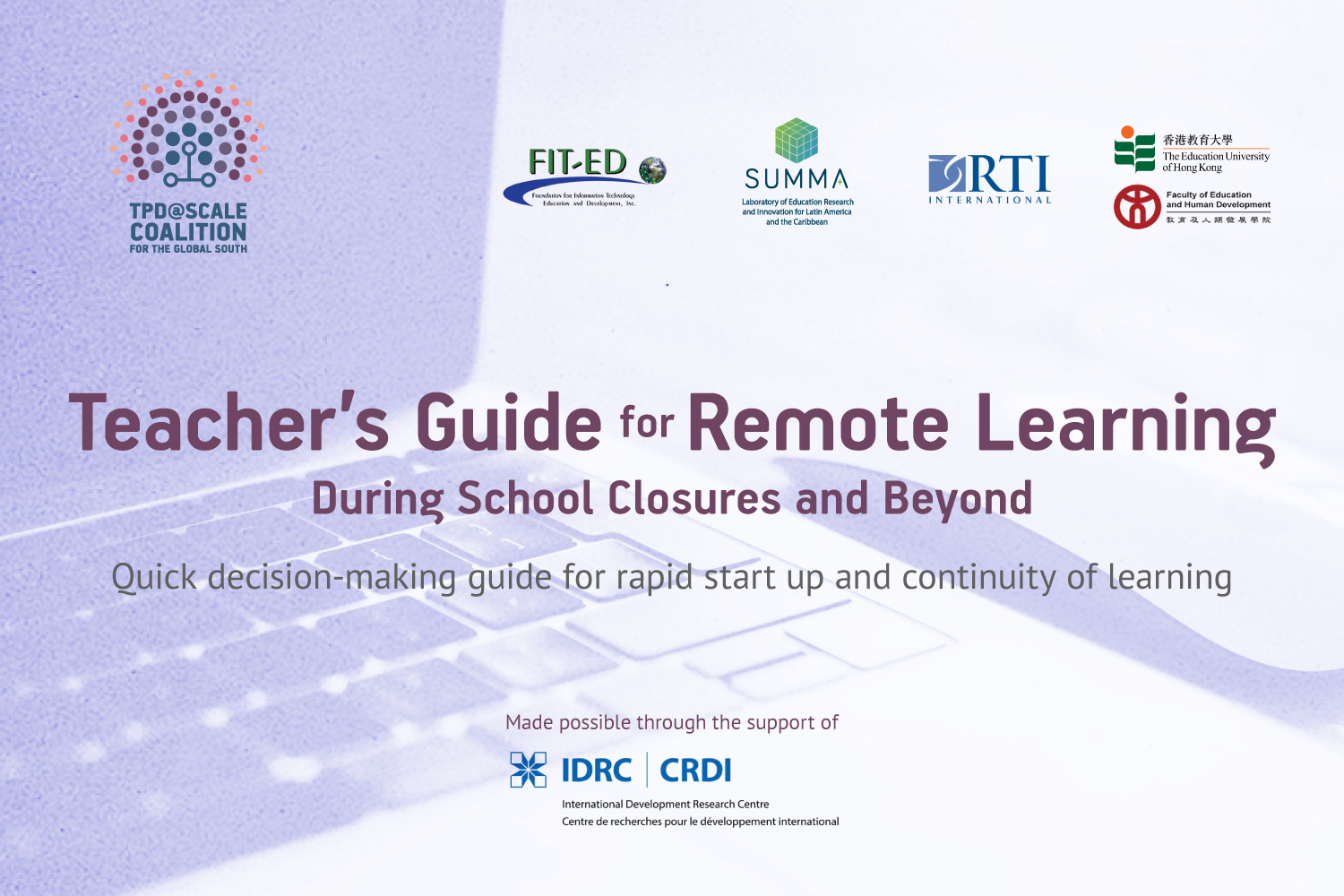
Download and share the Teacher’s Guide for Remote Learning prepared by FIT-ED (Coalition Secretariat) with Coalition members Education University of Hong Kong, SUMMA and RTI International. This quick decision-making guide is intended for teachers continuing to engage their students in learning during school closures and beyond.
Check back here for updates on Coalition activities and more resources.
These YouTube playlists are curated supplementary materials for the Teacher’s Guide for Remote Learning. These playlists include instructional videos that support key tasks identified for designing and implementing remote learning at all levels.

In the past several months, the X-Learning Center of Peking University has run four MOOCs, plus a new MOOC on English essay writing this April, which has drawn thousands of learners. Other members of the Center are developing several new 2-week MOOCs on pedagogies for university faculty.
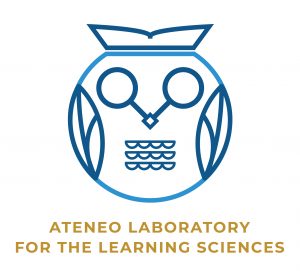
The Ateneo Laboratory for Learning Sciences has posted some tips for learning and teaching online on the ALLS facebook page.
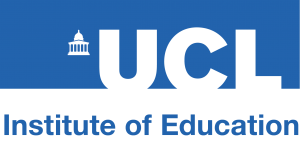
University College London continues with the FutureLearn MOOC on How to Teach Online, which runs for 3 weeks and will rerun every month. So far, it has attracted more than 30k participants from schools and universities. UCL is also collaborating with Lebanese Universities to create a MOOC on Edraak. The course runs for two weeks in Arabic and will re-run every month. It has attracted more than 14k participants in the first week.
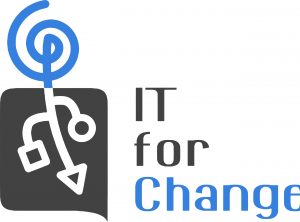
IT for Change has begun converting their F2F teacher training program into webinars, and exploring supporting their Teaching Education partners to convert their own academic programs to e-learning courses. One such effort is a collaboration with Foundation for Education, Ecology and Livelihoods to design an e-learning course for Mathematics teachers which is currently being offered for Kendriya Vidyalaya Sanghathan (KVS) teachers. In partnership with local businesses and NGOs, IT for Change is leading and coordinating a range of critical relief initiatives towards the COVID-19 crisis in New Delhi, Bengaluru and rural Mysore.
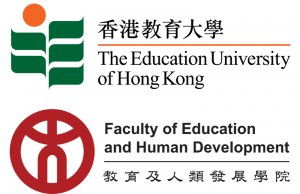
EdUHK-FEHD has launched the project COVID-19 and University Closure: Supporting Planning for and Implementing Quality Online Teaching and Learning. This is the first phase intended to develop short video tutorials and possibly road shows to different countries in the region. The website situates a short-term and urgent response in the context of the longer term online learning strategy. It is continuously evolving and will eventually involve the local universities taking ownership of professional support and professional development. The project targets to work with Cambodia, Malaysia, Philippines, Sri Lanka, and possibly Uzbekistan, Mainland China, and Indonesia.

USAID is still evolving its COVID-19 ICT4E response activities. To date, much of the attention has focused on compiling educational materials with an early focus on interactive radio and interactive audio instruction. These and other materials are being compiled on the Inter-Agency Network for Education in Emergencies website. USAID is linking to this and other mEducation Alliance member response pages on the Alliance website.
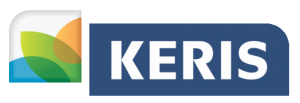
South Korea was one of the first few countries hit by COVID-19 and after delaying school opening three times, the Korea Ministry of Education made a final decision to open schools in a phased online distance learning manner starting April 9. Schools are now using online classroom platforms, many of them provided by KERIS, such as e-Hakseupto and Wedorang, with which teachers can post online content (including digital textbooks), give assignments, give instant feedback to students, and keep track of their learning progress. Meanwhile, students can post comments and share ideas with their colleagues and teachers in a group chatroom. As a direct response to COVID-19, KERIS launched a new website called School-on, where a voluntary group of teachers can help their colleagues in need of help through remotely accessing their computers and providing one-on-one advice on online learning and solving technical issues.
Download COVID-19 Response by South Korea and KERIS: Through Online Distance Learning for K-12 (Q&A) [PDF]

World Vision is responding to the COVID-19 crisis in over 70 countries. Whilst in the early stages of the response, its activities were primarily focused on measures designed to limit the spread of the disease and support health systems and workers, World Vision is also providing support to children impacted by the disease and/or by government responses to the pandemic ( school closures, lockdowns, etc.).
For education, the response is to: (1) support Ministries of Education efforts to ensure education continuity; (2) coordinate with the National Education Cluster (in humanitarian contexts, where active); (3) and ensure learning opportunities are available to and appropriate for the most vulnerable children including those with disabilities, and those who are refugees/IDPs or from other minority groups.
World Vision's teams support children, families, teachers and relevant institutions to mitigate the impact of social distancing measures, equip families to support children physically, socially, emotionally, cognitively and spiritually, as well as ensure that learning and holistic development never stops. Remote learning and training for education and child protection personnel will be implemented in ways that do not exacerbate the digital divide.
Looking ahead, World Vision will be working to ensure that when schools re-open, children previously enrolled are going back to school, and continued efforts are being made to enable all children to go to school.
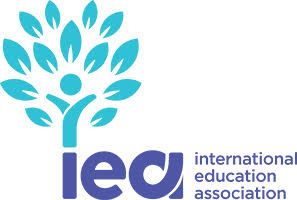
The International Education Association (IEA) has initiated the Online Learning and Assessment Pedagogies (OLAP) design-based learning course for school educators, curriculum specialists and teaching coaches in the MENA region. The course is addressed to educators with little or no experience in online course delivery to provide them with rapid distance learning upskilling. The OLAP course will be coupled with ongoing active research to better understand the impact of the response of the COVID-19 pandemic on the quality of education and learning. The course is dynamic and iterative, prioritizing the integration of best practices by incorporating revisions after each iteration. The research component proposed here will allow IEA to detail how online educational practice is changing over time, as well as measure the impacts of distance learning on how children learn under these new conditions.

In March, Worldreader launched the Keep Children Reading Initiative in response to COVID-19, offering its BookSmart digital reading solution to students across the Global South. BookSmart starts with a free base collection – 100+ great local and international children’s books expertly selected for pre-primary and primary students. BookSmart gives parents/caregivers access to a library from their mobile phones, so they can support their children’s learning and emotional development while schools are out of session. Designed for feature-phone users in under-resourced communities, BookSmart is optimized for all connection speeds, keeping data costs low. And, books can also be saved for offline reading for those with limited data.
[PDF] Support student learning during the COVID-19 crisis: Keep children reading with Booksmart